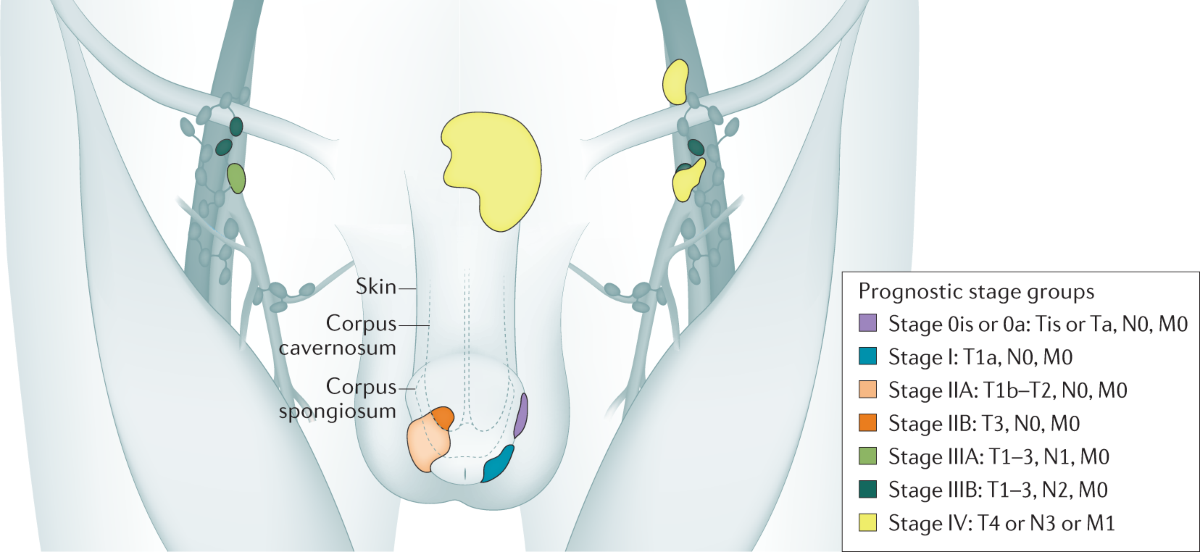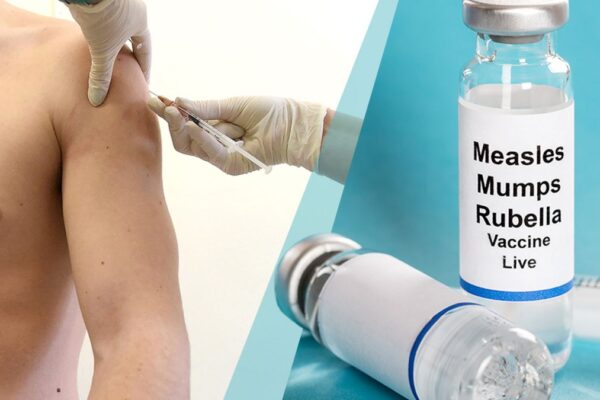
Introduction to Penile Cancer
Penile cancer is a rare but significant health issue that affects males, particularly those over the age of 50. Understanding its symptoms, risk factors, and treatment options is crucial for early detection and better outcomes. Increased awareness around penile cancer has become necessary as it may often be overlooked in discussions about men’s health.
Symptoms and Risk Factors
Symptoms of penile cancer can include changes in the skin of the penis, growths or sores that do not heal, and bleeding or discharge. These symptoms can resemble other conditions, making it vital to consult with a healthcare professional for an accurate diagnosis. Factors that may increase the risk of developing penile cancer include smoking, poor hygiene, human papillomavirus (HPV) infection, and certain medical conditions such as phimosis.
Recent Developments and Research
Recent studies highlight the importance of HPV vaccination in reducing the risk of penile cancer. The NHS has been proactive in providing vaccines to young people, which could substantially lower the incidence rates in future generations. Additionally, researchers are investigating new diagnostic techniques and treatment methods, aiming to improve patient care outcomes. Notable advancements include targeted therapies that focus on the specific genetic makeup of the cancer.
Treatment Options
Treatment for penile cancer depends on the stage of the disease and may include surgery, radiation therapy, or chemotherapy. Surgical options range from local excision to more radical procedures such as penectomy, depending on the severity of the cancer. Early diagnosis is critical, as it often dramatically influences the treatment approach and prognosis.
Conclusion: Raising Awareness
While penile cancer remains a rare disease, awareness and education surrounding it are essential. Regular check-ups and awareness of risk factors can contribute to early detection, significantly improving the chances of successful treatment. Health campaigns that encourage preventive measures and promote discussions on men’s health can play a crucial role in tackling the stigma associated with this condition. As medical research continues to evolve, staying informed will empower men to take control of their health and seek timely medical advice.
You may also like

Understanding the Current Measles Outbreaks

Tragic Incident Leaves Gardener Paralysed: A Call for Action

Understanding Melatonin: Uses, Benefits, and Importance
SEARCH
LAST NEWS
- Remembering Wendy Richard: The Promise to Co-Star Natalie Cassidy
- How Did Anglian Water Achieve an ‘Essentials’ Rating for Mental Health Accessibility?
- Shai Hope Leads West Indies in T20 World Cup Clash Against South Africa
- What We Know About Weston McKennie: Future at Juventus and Past at Leeds
- What We Know About the Upcoming Live Nation Antitrust Trial